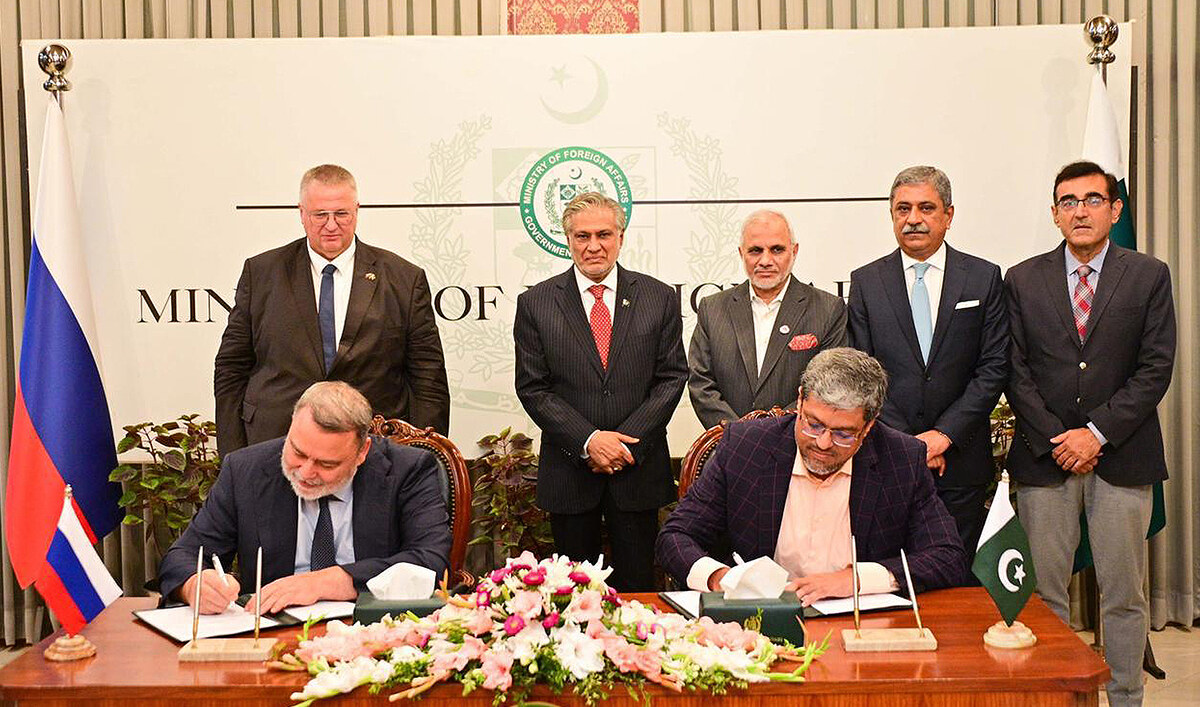ISLAMABAD: As Pakistan begin their bid for a second 50-overs World Cup title this week, Pakistanis hope the team will be able to rise to the challenge, particularly in games against arch-rivals India.
India and Pakistan have suspended bilateral cricket, thanks to soured political relations between the neighbors, and play each other only in multi-team events.
India declined to tour Pakistan for the Asia Cup, which was played between Aug. 30 and Sept. 17, and played their matches in Sri Lanka instead.
“They [Pakistan] must not lose to India,” Islamabad shopkeeper Muhammad Din Khan, told Arab News. “The rest, winning and losing is ongoing but they must not lose to India.”
Babar Azam and his team mates were surprised by the support they received since landing in Hyderabad last week, where they played both their warm-up matches. They will begin their attempt for a second 50-overs World Cup title at the same southern Indian city against the Netherlands tomorrow, Friday. This is Pakistan’s first tour of India since the T20 World Cup in 2016.
India and Pakistan are set to clash in a mouth-watering Oct. 14 contest in Ahmedabad.
“Every Pakistani wishes for the team to return victorious but the way the situation is, it looks like a lot of players have been taken [to the World Cup] who did not deserve a place in the team,” tailor Altaf Hussain said.
UN employee Jamshed Khattak concurred.
“There should have been a few changes in the squad,” he told Arab News as he sat at an upscale cafe in Islamabad.
“One, [fast bowler] Muhammad Amir should have been brought back … and secondly [all rounder] Imad Waseem also deserved a place.”
Another concern on the Pakistani side is the short boundaries at some Indian venues which Babar said might reduce bowlers to cannon-fodder over the next six weeks.
“The boundaries are small. There is no margin for the bowlers,” Babar said during his pre-tournament media interaction along with nine other captains on Wednesday. “If the bowling is a little bit off, the batsman utilizes it. So, there will be high scores.”
Many Pakistanis are also worried about the performance of batters, including captain Babar, widely regarded as one of the finest in contemporary cricket. He is ranked as the number one batter in ODIs and third in T20Is and fourth in Tests.
“Babar Azam is a world class player but at the top we are seeing he is pulling the weight of three players because it appears that Imam ul Haq and Fakhar Zaman are playing for the opposing side,” said Wasif Abbasi, a British Council employee.
“And that pressure falls on Babar due to which he is unable to play his natural game.”
“India plays with all of its 11 players, we don’t play with 11,” tailor Hussain said. “If our three [batters] get out, our team is a flop.”
But Babar still had high expectations from his bowling unit led by left-arm quick Shaheen Afridi.
“It’s more or less the same team playing the last three years together, and I think bowling remains our strength.”


















